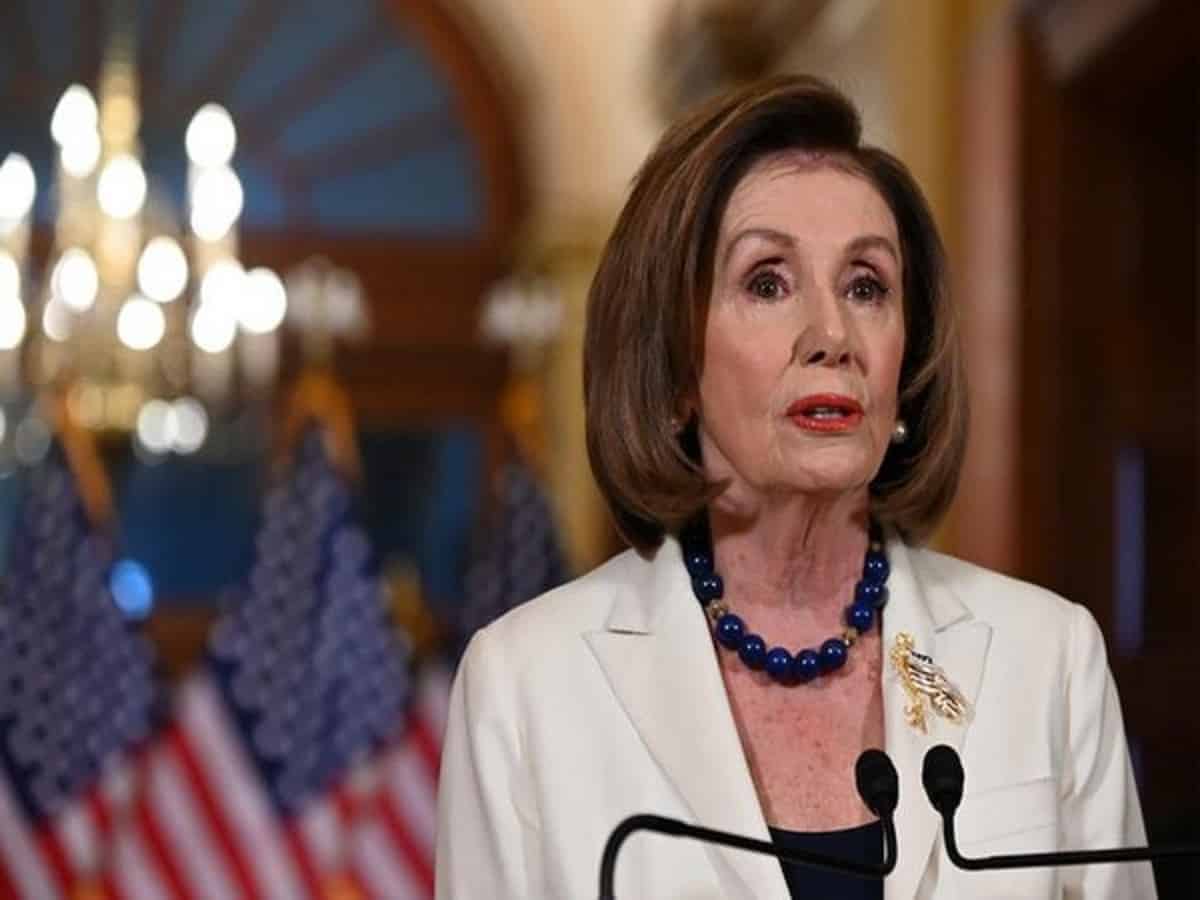Washington: The US House of Representatives on Tuesday approved a bill strengthening Washington’s support for human rights and environmental protection in Tibet.
This becomes the latest legislation challenging Beijing’s treatment of its citizens to get the Congressional seal of approval in recent months.
Among other terms, the Tibet Policy Support Act of 2019 requires that the US government reject any applications from Beijing for a new consulate on American soil until the Chinese government allows Washington to build its own diplomatic station in Lhasa, the Tibetan capital
It also establishes a US policy that the selection of Tibet’s future religious leaders should be decided by themselves, free from the Chinese government, NHK World reported.
The bill also states that Beijing will face sanctions if it interferes in the process of recognizing a successor of the Dalai Lama.
House Speaker Nancy Pelosi, who has been one of Washington’s most vocal campaigners for the protection of civil and religious liberties in Tibet, said: “I rise in support of the Tibetan Policy Act of 2019: strong, bipartisan and urgently-needed legislation to strengthen America’s commitment to the Tibetan people and their right to safeguard their distinct identity.”
Stating that the US is sending a ‘clear signal’ to China, Pelosi said, “We are sending Beijing a clear signal that they will be held accountable for interfering in Tibet’s religious and cultural affairs. We are making clear that Chinese officials who meddle in the process of recognizing a new Dalai Lama will be subject to targeted sanctions, including those in the Global Magnitsky Act.”
She also alleged that China has cruelly accelerated its outrageous aggression against the Tibetan people in these many years.
“As the CECC, the Congressional-Executive Committee on China, concluded in its most recent report that Beijing is increasing ‘sinicization’ efforts and restricting religious freedom of Tibetan Buddhists including with mandatory political education for religious leaders, large-scale evictions from Buddhist monasteries and by replacing images of His Holiness the Dalai Lama with past and current party leaders,” Speaker said.
She added, “The report also concludes that Beijing is expanding a mass surveillance regime to intimidate Tibetans and prevent them from practicing their culture and observing their religion.”
Further, she said that international journalists have stated that the isolation of Tibet is worse than North Korea, allowing the Chinese government to conceal human rights abuses and environmentally damaging large-scale projects.
“Today, the House is taking action to update and strengthen the [Tibet] Policy Act to address these growing threats. We are supporting the Tibetan people’s right to religious freedom and genuine autonomy by formally establishing as US policy that the Tibetan Buddhist community has the exclusive right to choose its religious leaders, including a future 15th Dalai Lama,” Pelosi said.
She also asserted that Washington is working with international governments and the business community to ensure the self-sufficiency of the Tibetan people, protect the environment and water resources on the Tibetan Plateau.
“This legislation also deploys America’s diplomatic weight to encourage a genuine dialogue between Tibetan leaders and Beijing. It is unacceptable that the Chinese government still refuses to enter into a dialogue with Tibetan leaders,” the Speaker said.
She added, “We also see human rights abuses. In Hong Kong, millions are fighting for the democratic freedoms they were promised, and on the mainland, where journalists, human rights lawyers, Christians and democracy advocates languish in jail cells.”
“If we don’t speak out for human rights in China because of commercial interests, then we lose all moral authority to speak out for human rights in any other place in the world,” Pelosi said.

